When does Loki take place in the Marvel timeline?
Let's unravel Loki's twisting timeline
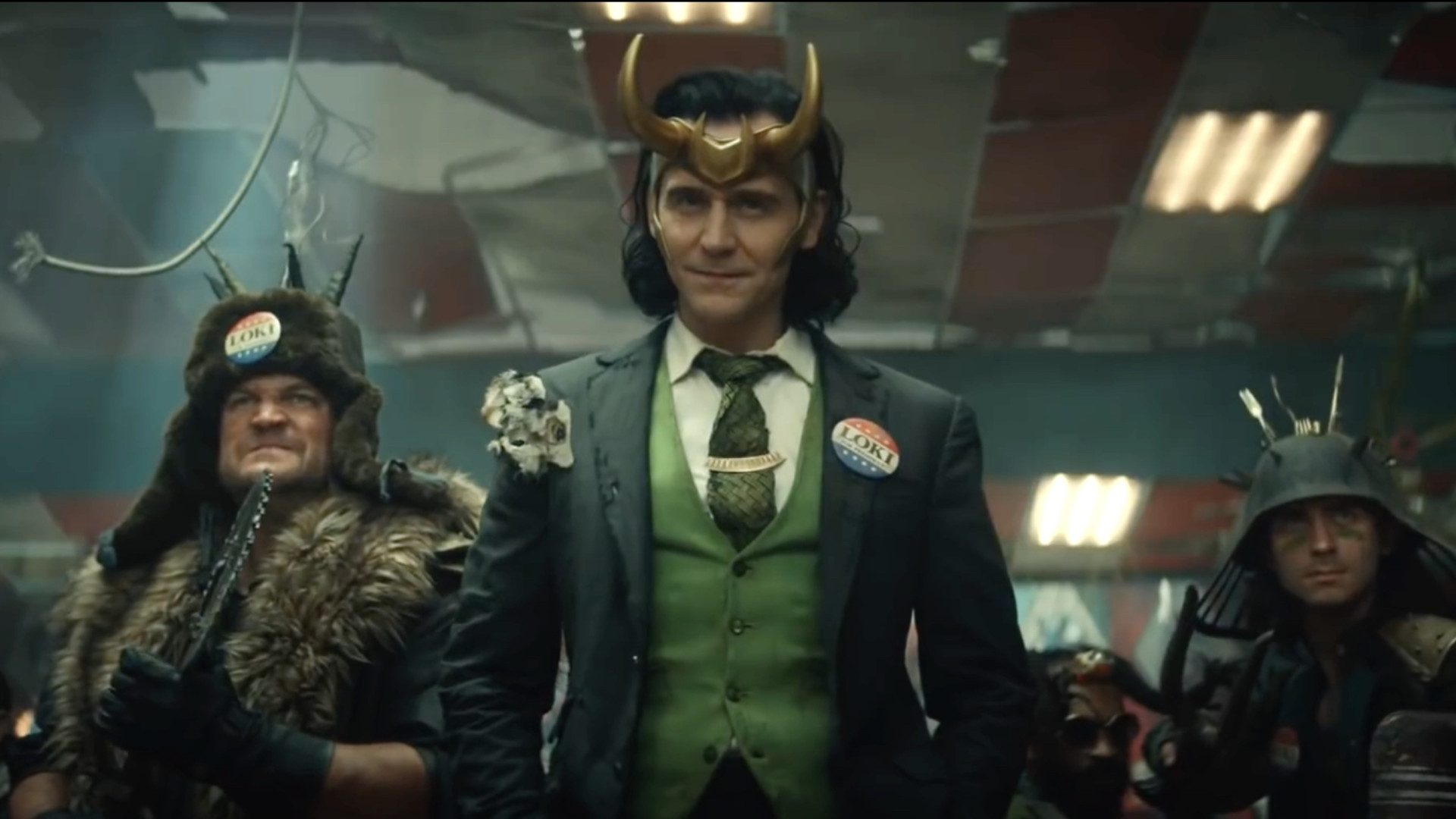
This is going to get confusing. The question of where Loki takes place in the Marvel timeline is a complex one, mostly thanks to the show already leaning heavily on time travel and a great deal of new exposition.
Throw in the Time Variance Authority with their ability to exist outside the traditional confines of linear time and Loki’s place in the MCU is suddenly called to question. We not only don’t know where the God of Mischief is, but it’s also tricky to pinpoint when he is too.
Still, there are answers to the temporal teaser. Below, we’ll run through the short (and long) answer to where Loki fits into the Marvel timeline.
Where does Loki take place in the Marvel timeline?
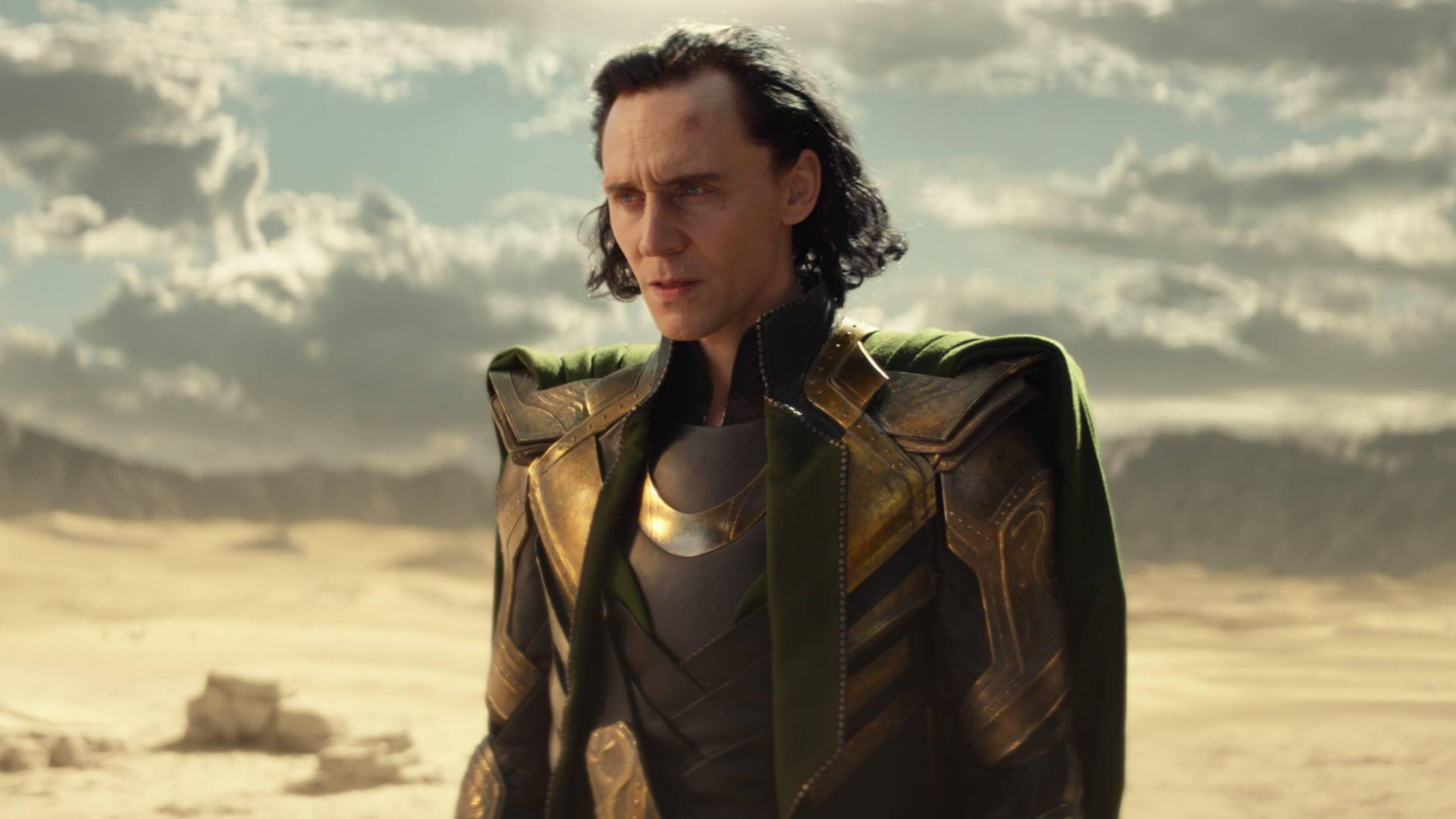
The beginning of Loki technically takes place during 2012’s The Avengers. Happily enough, that’s also the in-universe MCU year of 2012, 11 years before the events of Avengers: Endgame. During the first Avengers, Loki is defeated by the titular superhero team and is waiting to be being whisked away to Asgard. As a warning, this is as simple as it’s going to get.
Avengers: Endgame, though, throws a serious spanner in the works. Following the death of Thanos, some members of the Avengers travel back in time to the events of the first Avengers movie and inadvertently cause a split timeline in 2012.
Ant-Man and Iron Man’s attempts to grab the Tesseract from SHIELD/Hydra custody are thwarted by a rampaging Hulk. Amid the chaos, Loki absconds with the Tesseract. That’s where the Loki series picks up from – and it’s a serious paradox for those who know Loki’s MCU future. He’s not meant to be in the Gobi Desert, for starters, during the end of 2012’s Avengers. So, what’s happened?
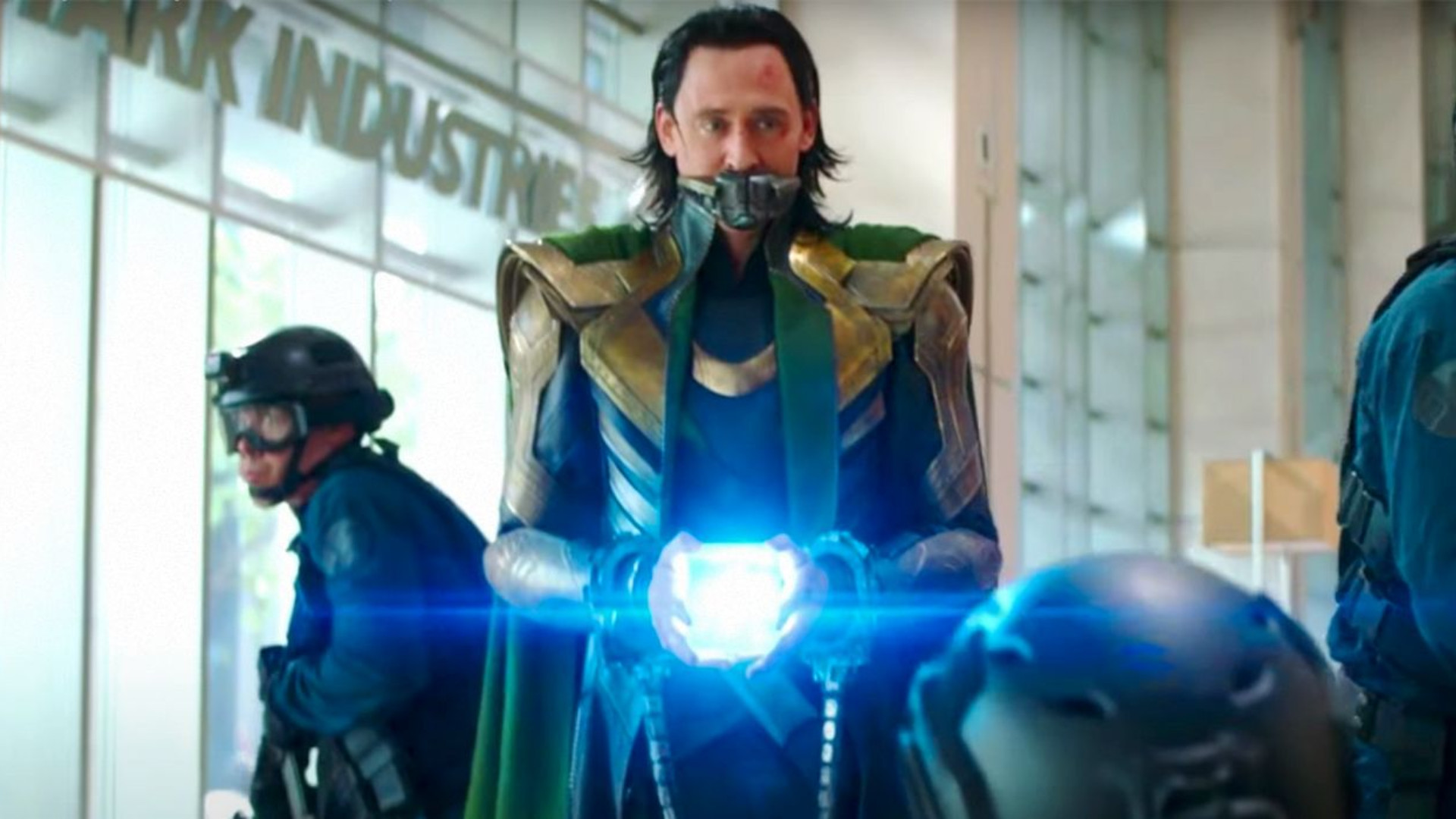
Captain America patched up most of the paradoxes by returning the Infinity Stones to their rightful place in the main timeline (now known as the ‘Sacred Timeline’) after the returning Thanos’ defeat. However, Loki’s escape with the Tesseract in one version of 2012 still causes a split timeline known as a "Nexus Event" – a time-based anomaly that verges off from the Sacred Timeline. That’s why the TVA wants to kill Loki during the Disney Plus show’s premiere – to make sure only ‘one’ Loki exists as part of the Sacred Timeline and to avoid any timey-wimey headaches like the one you’re currently suffering through.
Bringing all the latest movie news, features, and reviews to your inbox
The Loki (which we’ll call 2012-Loki to make things distinct) that escaped is the one we’re following in the TV series. It’s an earlier version of the same character who would go on to appear in future movies. To be clear: 2012-Loki is, as far as we know, a separate character to the Loki who perished in Avengers: Infinity War.
That Loki would go on to live in the Sacred Timeline and undergo serious character development through the already-charted events of Thor: The Dark World and Thor: Ragnarok before dying at Thanos’ hand. 2012-Loki, helpfully, finds out all about that thanks to a movie reel from the TVA’s Mobius M. Mobius.
In terms of a dated timeline, the TVA exists out of time – so we can’t put a current year on Loki’s TV show, though it definitively takes place chronologically after 2012 and the whole thing happens because of the events of Endgame that saw Earth’s Mightiest Heroes travel back in time. Main timeline Loki goes on to be imprisoned and lives through everything that we’ve seen in the MCU up until this point. The story of 2012-Loki, though, has yet to be written.
The Loki timeline explained
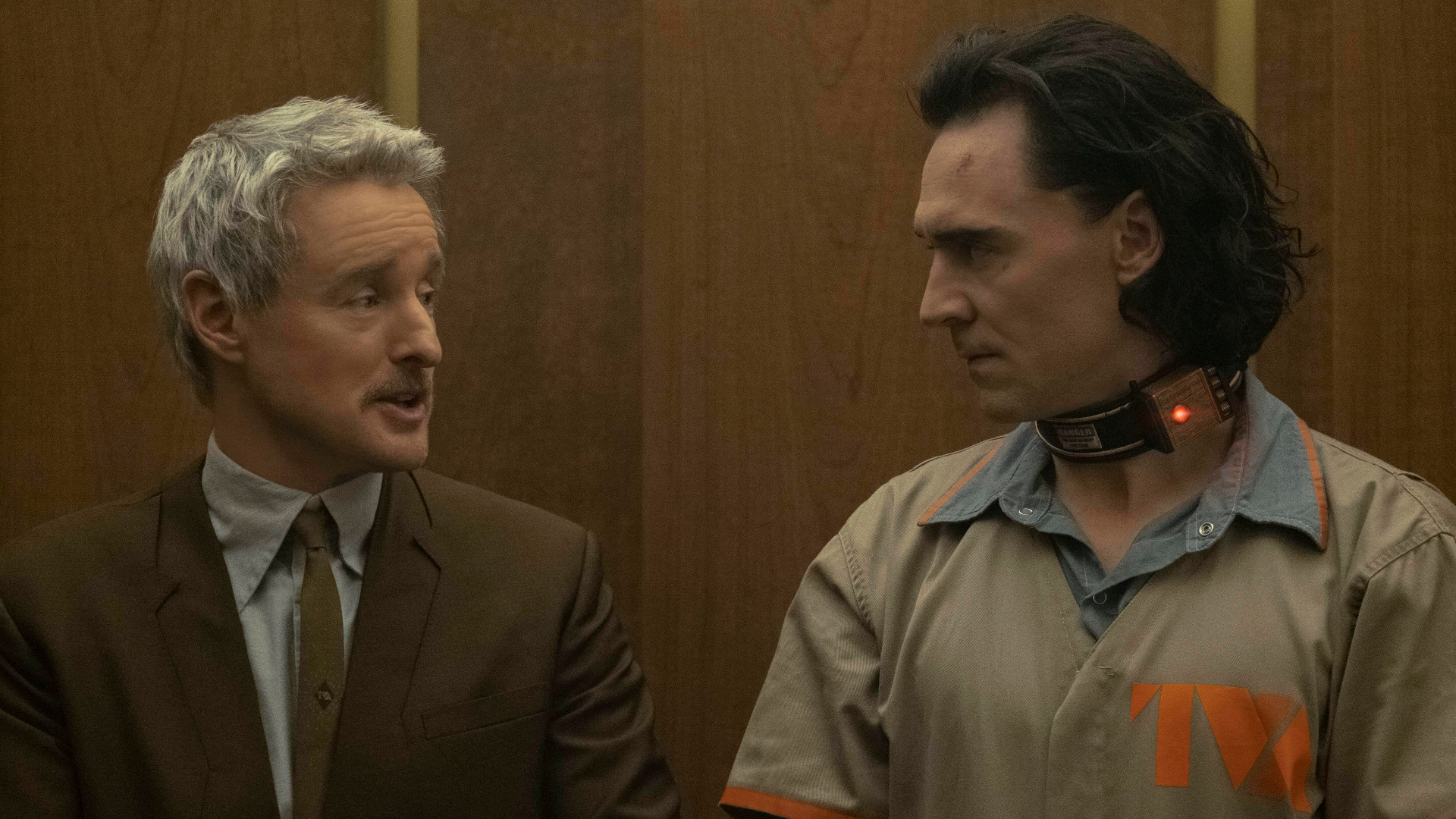
TL;DR?
Loki’s timeline up to The Avengers, in terms of MCU appearances, is nice and simple: Thor (set in 2011) then The Avengers in 2012.
Then, the timeline splits in 2012 thanks to the events of Avengers: Endgame. We get two Lokis out of that: mainline Loki who gets taken back to Asgard after his defeat, and 2012-Loki who steals the Tesseract.
The mainline Loki then appears in Thor: The Dark World, Thor: Ragnarok, and Avengers: Infinity War. This is not the same Loki that appears in the Loki series.
2012-Loki goes from The Avengers into a split timeline caused by time travel in Avengers: Endgame. He escapes to the Gobi Desert with the Tesseract in 2012 before being taken in by the TVA. 2012-Loki’s story is still ongoing, so we don’t know where (or when) he’ll end up next.
In list form, it looks like this – starting with the mainline Loki timeline:
- Thor (2011)
- The Avengers (2012)
- Thor: The Dark World (2013)
- Thor: Ragnarok (2017)
- Avengers: Infinity War (2017) – Mainline Loki dies
2012-Loki is the same character as mainline Loki up until the time travel scene in Avengers: Endgame – which takes place during 2012 in a split timeline version of The Avengers. The 2012-Loki timeline is as follows:
- Thor (2011)
- The Avengers (2012)
- Avengers: Endgame’s time travel scenes in the Battle of New York (2012)
- Loki (date unknown)
Is Loki still dead?
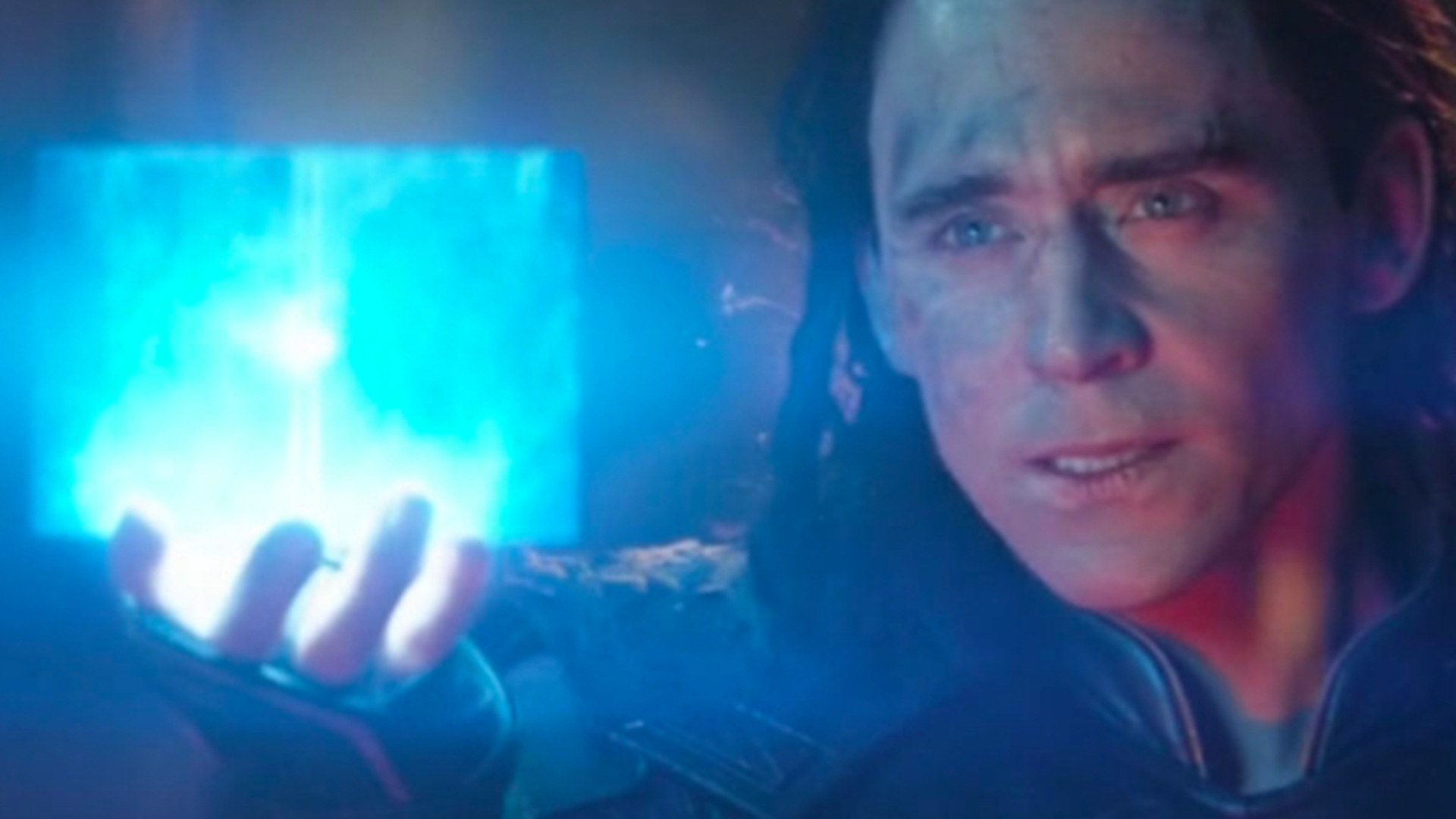
One version of Loki is. In much the same way Thanos ‘saw’ his future self’s death in Avengers: Endgame, the God of Mischief was given a recap of the tragic events that played out involving his mainline self in the Sacred Timeline. That Loki is dead; 2012-Loki is very much alive – and able to go anywhere and do anything now he's under the watchful eye of the TVA. We shudder to think about how he could mess with the timeline further when all is said and done.
Let's stick to linear time from now on, shall we? Much more straightforward. Find out when the next episode drops with our Loki release schedule.
I'm the Senior Entertainment Writer here at GamesRadar+, focusing on news, features, and interviews with some of the biggest names in film and TV. On-site, you'll find me marveling at Marvel and providing analysis and room temperature takes on the newest films, Star Wars and, of course, anime. Outside of GR, I love getting lost in a good 100-hour JRPG, Warzone, and kicking back on the (virtual) field with Football Manager. My work has also been featured in OPM, FourFourTwo, and Game Revolution.



